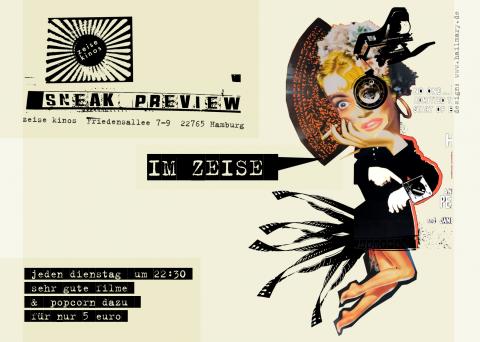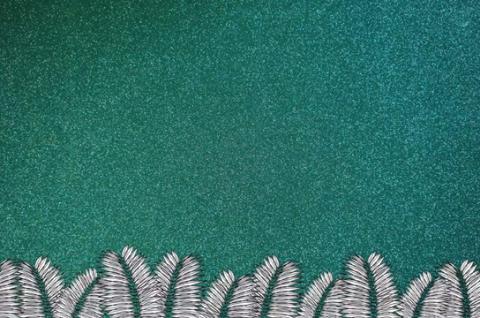Ihre Schriftzüge sind allgegenwärtig; einfarbig, schlicht, kryptisch, charismatische Buchstaben und Formen. Nichts bleibt davon unberührt, niemand kann sie übersehen. Brücken, Hochhäuser, Balkons und Dächer, es gibt keine Grenzen, und keine Art der Sicherung. Wer fällt ist schwer verletzt oder tot.
Pixação ist aber mehr.
Denn Pixação versteht sich als Revolte, als Rebellion gegen eine Gesellschaft, die die Menschen in Armut und in den Favelas zurücklässt und vergisst. Mit ihren Buchstaben und Bildern, die sich wie ein Netz über die gesamte Stadt ziehen, halten sie dagegen. Niemand wird und kann sie vergessen, dafür sorgen ihre Namen an den Wänden.
… und auf einmal. Eine Einladung zur Biennale in Berlin. Djan, William, Biscoito und Ricardo sollen zeigen, was es heißt ein Pixadores zu sein. Zwei Welten und unterschiedliche Vorstellungen von Kunst und Aktivismus treffen aufeinander, mit Konsequenzen, die bis in ihre Heimat reichen …
Eine einmalige Dokumentation.
Auch weil der Blick von Amir Escandari ein ganz besonderer ist: Ehrlich, sensibel und emphatisch schaut er auf die Favela von Sabao, seine Bewohnerinnen und seine vier jungen Freunde, die er lange Zeit in ihrem Alltag begleitet hat. Diese Nähe spürt man. Sie sprechen offen und ehrlich; und eben nicht nur über Pixação, sondern auch über ihr Leben, die Herausforderungen und die kleinen Glücksmomente. Pixação ist nicht alles, aber alles in ihrem Leben ist irgendwie damit verwoben.
Eine Anmerkung des Regisseurs
Imagine a place, which the poor and the forgotten have made for themselves. A place ruled by drug lords and where childhood is short. It is a place where you can live a lifetime without ever seeing the outside, or the outside even knowing you exist. For so many it is home. For others it’s the favela of Sabao; surrounded by the modern city of São Paulo where high towers touch the sky.
I found this place almost three years ago when I was looking for train surfers. I wanted to know who were these men covering their faces and riding on top of trains, dodging electric cables and tunnels, risking their lives. When I had the courage to get on top of a moving train I was able to understand them. They are young men without hope. Feelings of worthlessness are often present. They are unable to manage their lives or affect their future, except on top of a moving train. On top of a moving train you forget about yesterday and tomorrow and all your worries disappear with the wind, even if only for a short moment. You are completely present and in control. The moment these men feel alive is when death is so close that they can look into its eyes.
That is how we became friends. They told me about a class war that they have been a part of for so long. They have created a weapon called pixacão: free climbing tall buildings and painting your thoughts high on the walls. Many people have died doing this; I wonder who will remember them unless their gang keeps their memories alive in stories and pixacão paintings dedicated to them on the walls. I wonder what they will leave behind beyond the slogans on the walls. Death and danger are present in their lives. Poverty, violence and drugs are part of their reality. It would be too easy to portray them just as people alienated from society or only as criminals, as is the norm in the Brazilian media. I saw much more in them. I saw brothers, fathers and sons, people who don’t consider themselves artists, yet who are always ready to sacrifice their lives for their paintings. I wonder how many artists would be willing to put their lives on the line in the same way. I cannot deny that they were rebels in the most authentic way. They are fighters and on some levels enemies of society because they have not been granted any alternative path. Many times I felt that the new Brazil does not have a place for them and they are fighting a war that will be surely lost.
This film will take you to the edge of the world, where we will discover something familiar: humanity. It is a story about forgotten men who want to be recognized and acknowledged. The film aims to portray an alternative that has been created by the unfortunate ones who have been enduring this social struggle for years. The film will focus on characters and atmosphere. It is a story about a life journey of friends and a movement that is becoming recognized by the establishment and around the world.
- Amir Arsames Escandari



